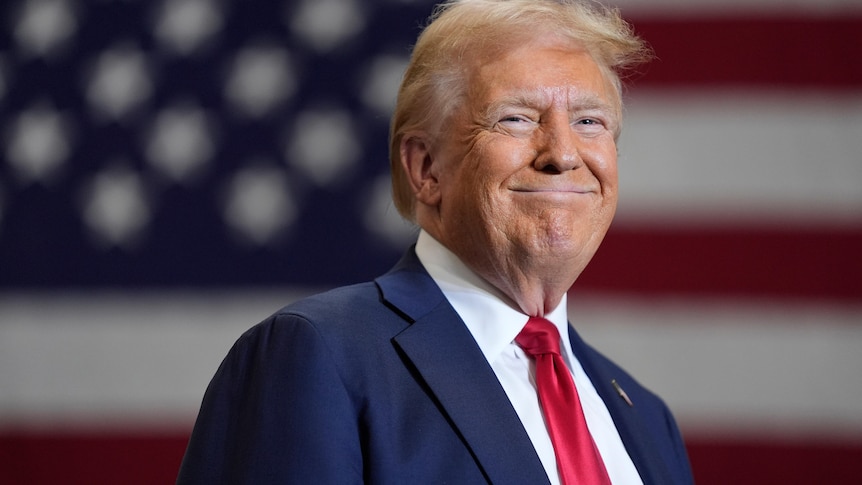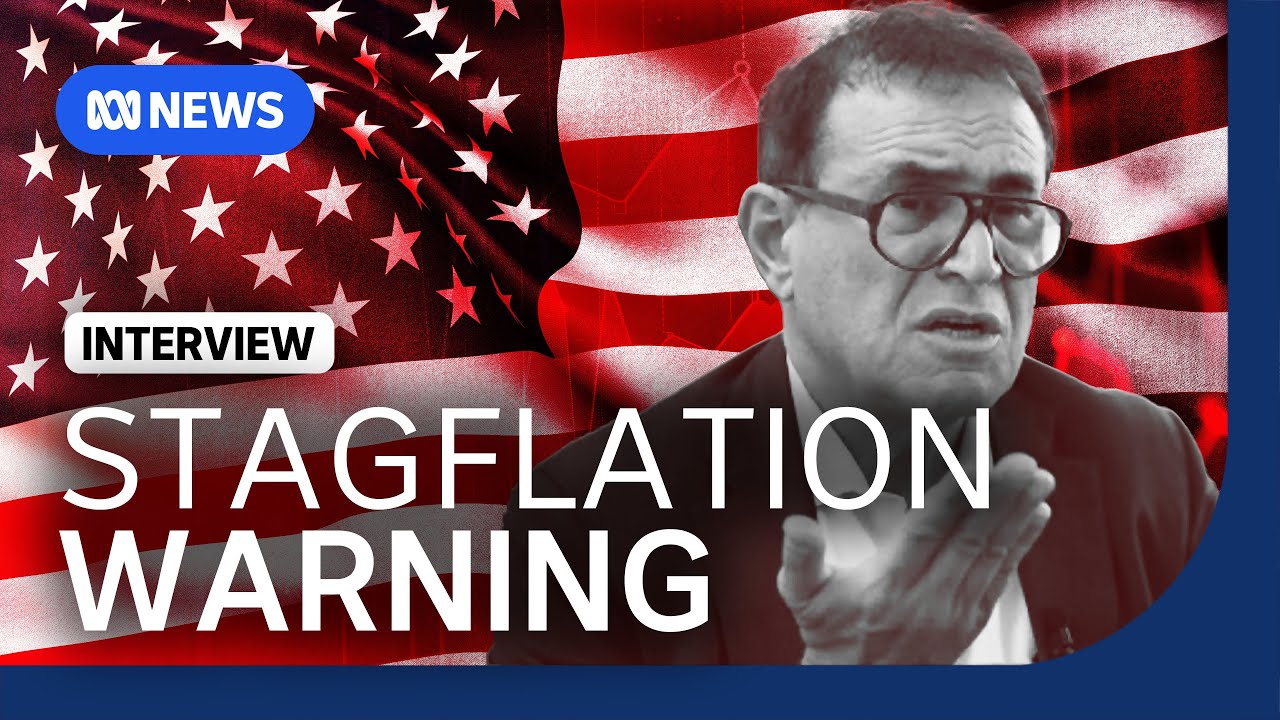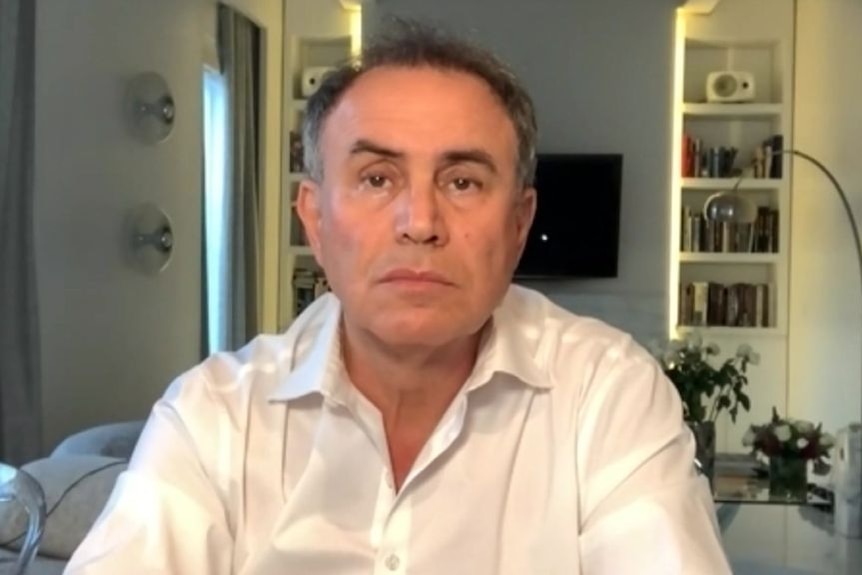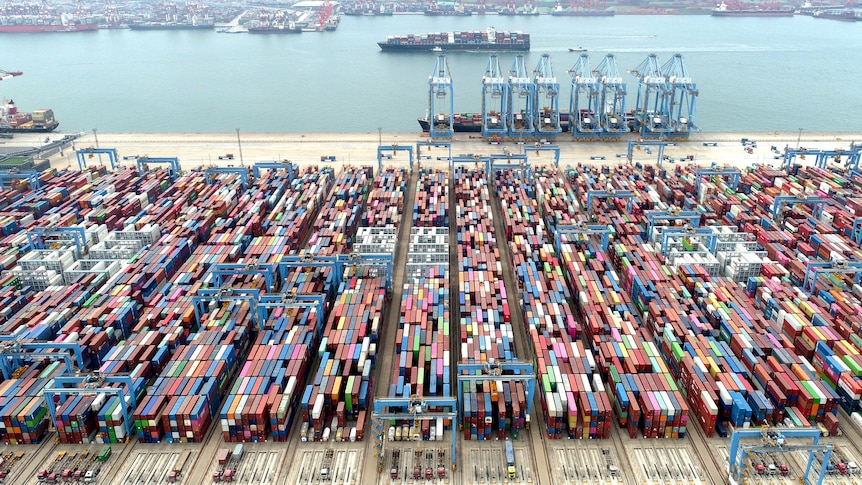Finance & Business
Author: anonymDate: 2024-11-21 11:44:59
Renowned economist Nouriel Roubini cautions that Donald Trump's fiscal strategies may result in diminished economic expansion and rising prices.
Nouriel Roubini warns Donald Trump's economic plans could lead to stagflation, but the bond market has the potential to push back on some elements of the president-elect's agenda.
Economist Nouriel Roubini has issued a warning: the adoption of Donald Trump's economic proposals could plunge the American economy into "stagflation." He attributed this to the president-elect's anticipated minimal accountability to governmental oversight during his four-year term due to Republican dominance. Consequently, market forces will likely constitute the sole check on his fiscal policy.

"There's a lack of political accountability because they control the executive branch, the Supreme Court, the judiciary, and Congress," Professor Roubini stated to ABC. "Thus, the only restraint will originate from bond market participants signaling the unsustainability of certain policies." "That will serve as the primary constraint against ill-conceived policies," he added. Professor Roubini, professor emeritus at New York University's Stern School of Business, known for his accurate prediction of the global financial crisis, detailed the varied impacts of Trump's stated policies on the US economy.
"Certain Trump initiatives might stimulate growth and curb inflation—such as pro-business, low corporate tax rates, deregulation, and augmented fossil fuel production," he explained. "However, other policies may have the opposite effect, hindering economic growth and fueling inflation."

What are those policies?
"Tariffs and trade conflicts, stringent immigration restrictions, unfunded tax cuts leading to larger budget deficits and elevated interest rates, economic expansion constraints, attempts to debase the dollar, reduced autonomy for the US Federal Reserve... and a potential intensification of geopolitical tensions, including economic conflict with China," he elaborated. "The net effect—whether the growth-enhancing, inflation-reducing measures outweigh the stagflationary ones—remains unclear. "More questions than answers exist," he concluded.

"Stagflation"—a blend of stagnation and inflation—signifies sluggish economic expansion accompanied by high and increasing inflation and unemployment. In mid-2022, following Russia's invasion of Ukraine and the World Bank's drastically lowered global growth forecasts, the bank warned of potential global stagflation among developed nations. This prediction ultimately proved unfounded.
Professor Roubini expressed keen interest in observing Trump's engagement with financial markets. He suggested that Trump's stated intentions—60 percent tariffs on China, 10–20 percent tariffs on other trading partners, significant US dollar devaluation, severe immigration restrictions and mass deportations, and unfunded tax cuts—could create undesirable outcomes. "If he implements these stagflationary policies, interest rates will surge, bond yields will climb, the Fed will raise rather than lower rates, and the stock market will correct," he stated.

"He's concerned about the bond market and the stock market. Therefore, market, rather than political, constraints will be his chief limitation." Professor Roubini also expressed uncertainty regarding the effectiveness of Trump's new Department of Governmental Efficiency, headed by Elon Musk and Vivek Ramaswamy. "I doubt this new department will prove very successful," he remarked. "Most US government spending is allocated to defense (increasing), debt servicing (increasing), and entitlement programs like pensions and healthcare (increasing). Little discretionary spending remains," he explained. "They've proposed $2 trillion in spending cuts, but the feasibility of those cuts and efficiency gains is questionable—easier said than done."
What impacts for the world?
Professor Roubini warned that Trump's pursuit of stagflationary policies would have global economic repercussions. "This poses a threat to the rest of the world because higher interest rates necessitate similar action from other countries. Failure to follow suit would weaken their currencies, resulting in higher global interest rates and dampened economic growth worldwide," he explained.

"Naturally, US tariffs will trigger inflation in the US, but will also create economic harm through reduced demand for other countries' exports—a deflationary impact resulting in diminished global growth." He clarified that Australia would not be immune to the negative consequences. "If he introduces tariffs that curb economic growth and fuel inflation, Australia might anticipate earlier RBA rate cuts," he observed.
"But if, instead, his policies cause higher global interest rates, and, consequently, higher Australian interest rates, there'll be greater constraints on economic expansion. "Most challenges for Australia are domestic. Growth is feeble, but inflation is persistent, likely due to the China shock resulting in lower growth. Much current growth stems from public sector demand, fueling inflation. Therefore, economic reforms aimed at boosting private sector productivity are crucial for robust economic growth," he concluded.